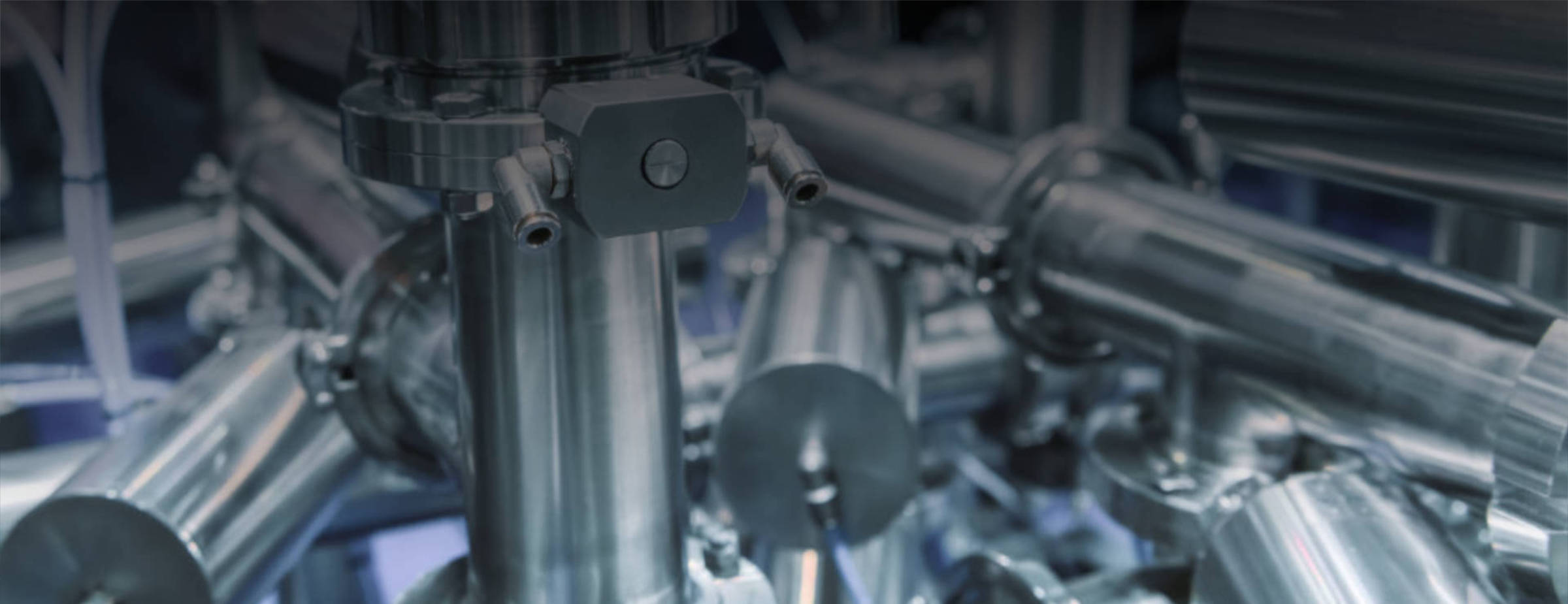
MOBILE ISS AGRI - a solution for safe animal carcass disposal
09-08-2019
Infectious animal waste disposal has always been a serious task, but it may have become an even more serious issue with the spread of the African Swine Fever (ASF for short). Ever since its first outbreak in China, the disease has managed to cross many borders within just a year, which has caused concerns for many experts regarding further spread of ASF.
The disease first appeared in China, August 2018. A few months later, signs of ASF were detected close to the Russian border. Almost immediately after signs of the outbreak were confirmed so close to Russia, the local authorities raised the alarm, since illegal cross-border trade between the two countries could very well mean further spread of the disease. Not to mention Russia’s pork industry is especially thriving in the Eastern region of the country, which could easily provide a way for the virus to spread even more quickly.
By January 2019, the impact of ASF in China could clearly be felt, as the country was forced to selectively slaughter over 900 000 pigs since the start of the outbreak. One of the reasons China is so harshly affected by ASF is the higher number of domestic pigs in Chinese households, who contracted the disease in 24 different provinces over the country. With such a drastic spread of ASF, many major market players are taking even more serious biosecurity measures at international airports and mail processing centers to prevent the virus from spreading even further.
However, by the end of January, it had become clear that the disease was highly likely to threaten European countries as well, like France and Germany, while at the same time spreading even further in South-East Asia, even reaching Mongolia. Just like in Eastern Europe, many Asian countries (such as Thailand or the Philippines) heavily rely on pig farming. Unfortunately, this makes cross-border infection even more easy. Not to mention infected pork products have already appeared in Russia and China, meaning even tourists could bring back the virus with them, just by picking the wrong sandwich.
As of July 2019, Slovakia is the latest European country to have confirmed the spread of African Swine Disease. While all hazardous animal waste has been disposed of, the incident clearly shows that the spread of the disease still isn’t under control. This makes Slovakia the 10th country in Europe to have a confirmed case of ASF. Over the past few weeks, even more incidents have been reported in Ukraine, which has prompted Greece to ban all of its pork import coming from Bulgaria, where the price of pork is expected to raise by 50% after the disposal of infectious animal waste.
While the spread of ASF is certainly worrisome, dealing with the issue at hand isn’t impossible. So what is Celitron’s solution to infectious animal carcass disposal? The Mobile ISS AGRI basically replaces animal waste incinerators with revolutionary technology that enables:
- local and immediate treatment against poultry disease, cow disease, and pig disease (ASF)
- eco-friendly animal carcass disposal
- leaving out the need for animal waste transportation
- sterilization during the animal carcass disposal cycle